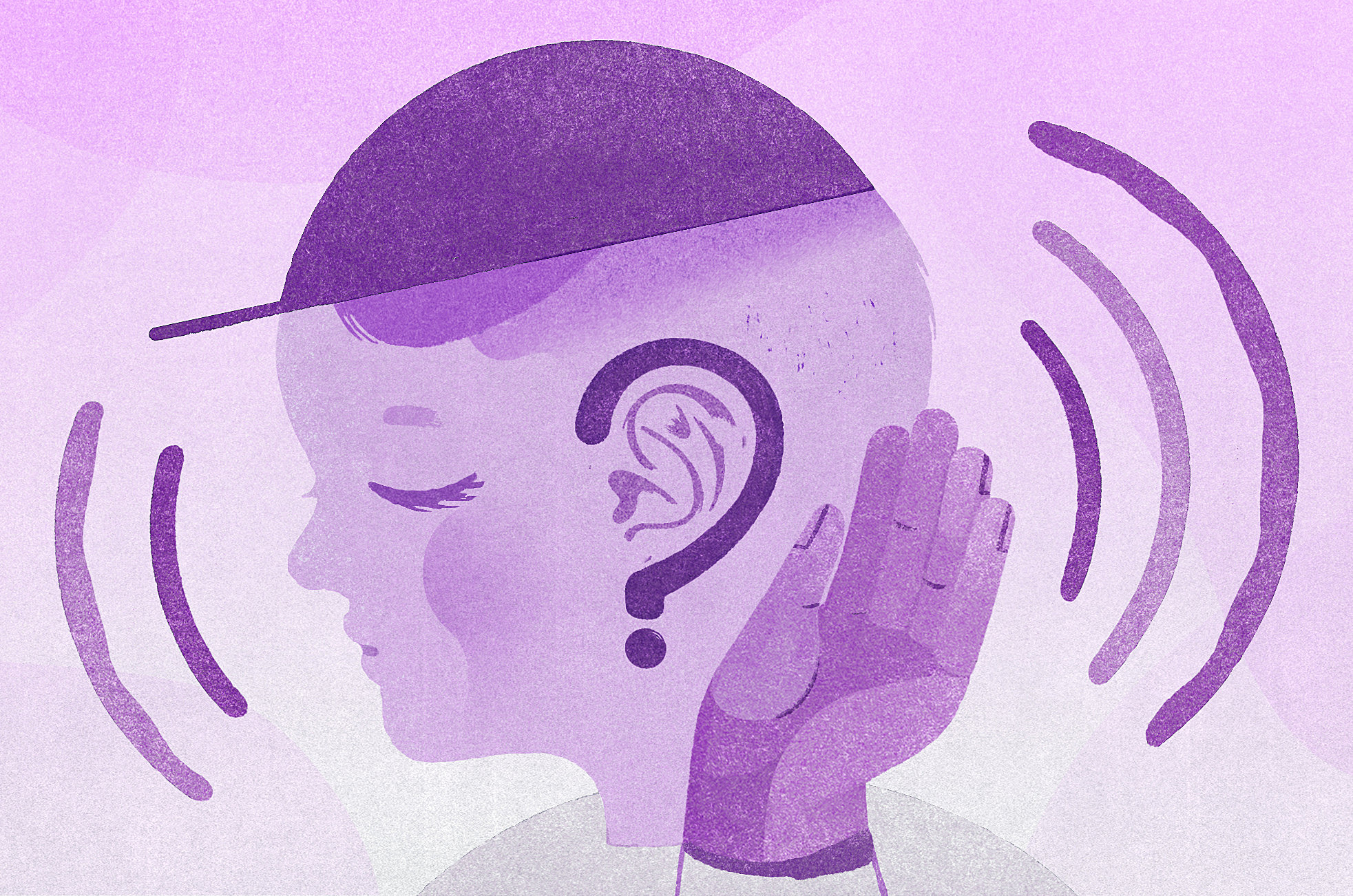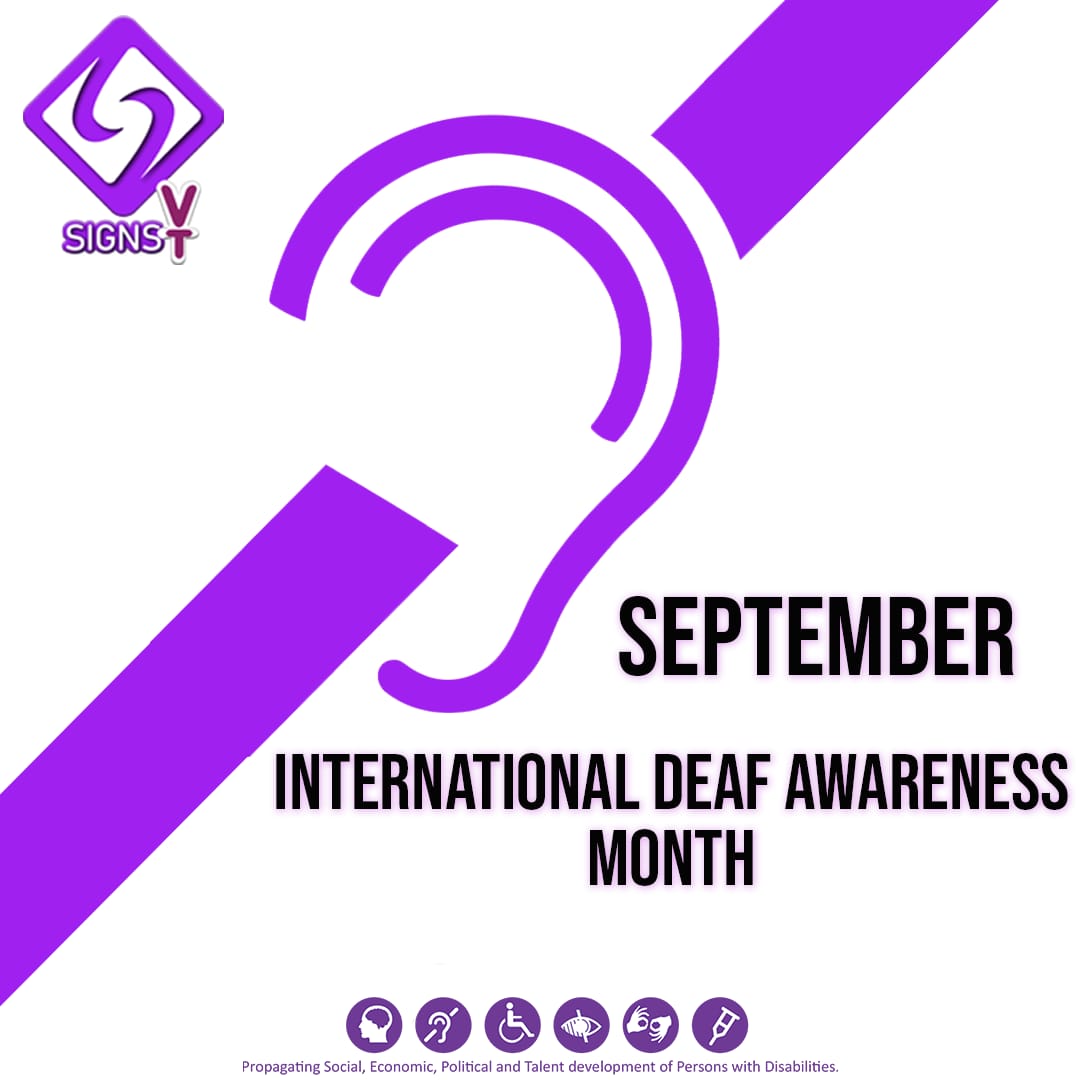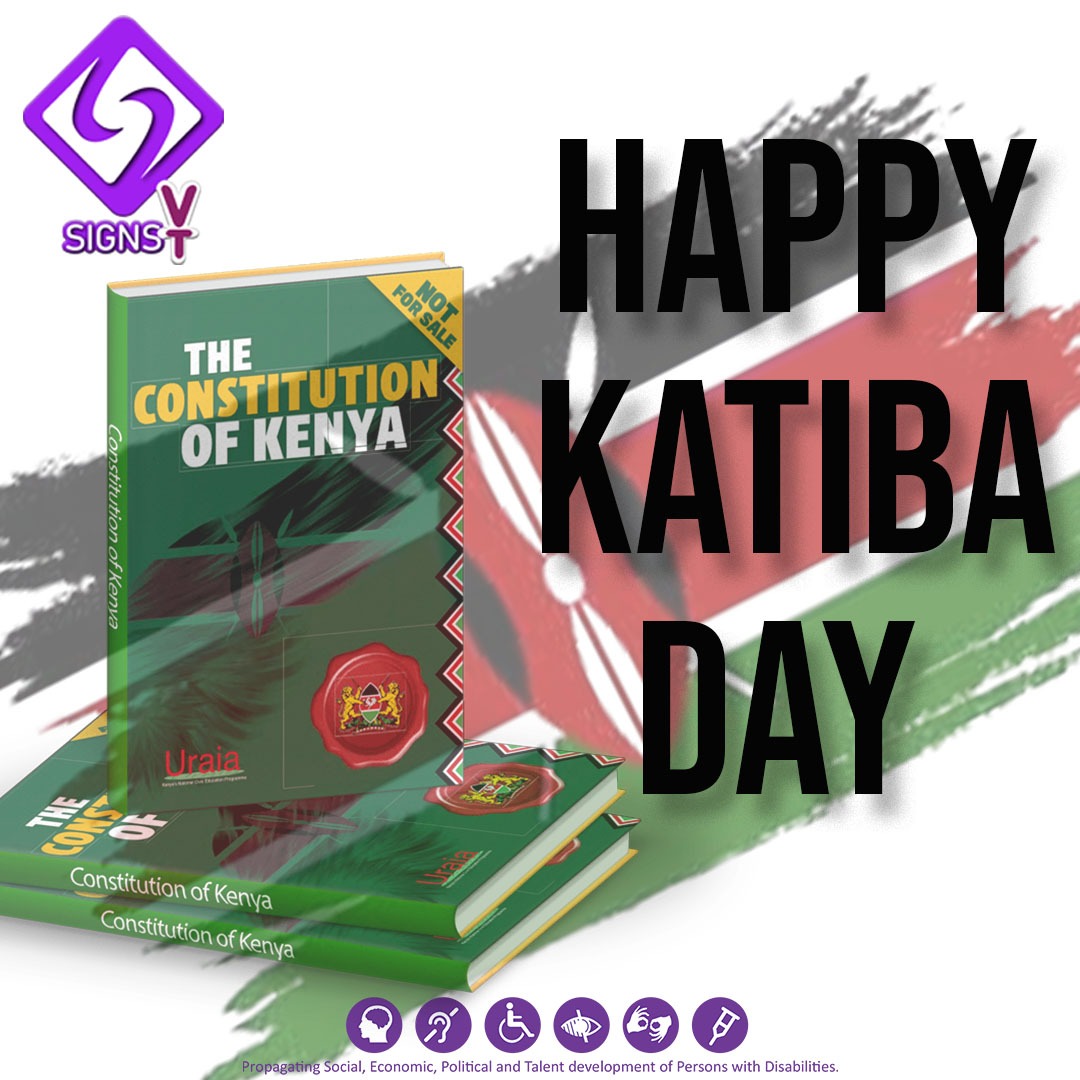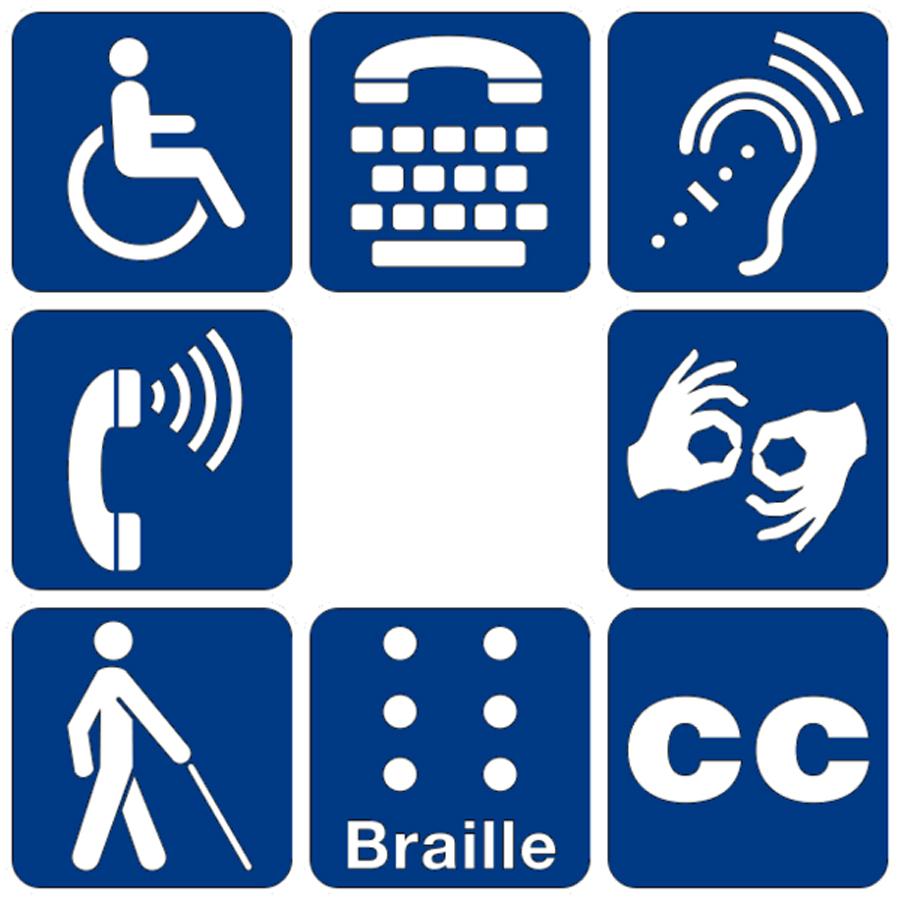Progress in Assistive Hearing Technologies for the Deaf

Deaf Awareness Month, observed annually in September, provides a platform to celebrate the achievements and highlight the challenges faced by the deaf. This month also highlights the significant strides made in promoting inclusivity in the deaf community. Among the most notable innovations are cochlear implants, hearing aids, and video relay services (VRS), each playing a pivotal role in enhancing communication and fostering inclusivity.
Cochlear Implants: Cochlear implants have been a game-changer in the field of auditory assistance. These devices are surgically implanted into the inner ear and can restore a sense of sound to individuals with severe to profound hearing loss.
Cochlear implants consist of two parts—the internal implant, which is surgically placed beneath the skin, and the external processor, worn behind the ear or on the body. The external processor captures sound and converts it into digital signals. These signals are transmitted to the internal implant, which then stimulates the auditory nerve directly.
Hearing Aids: Hearing aids have seen significant advancements in recent years. They are now more versatile, discreet, and effective in enhancing hearing. Key features of modern hearing aids include:
Digital Signal Processing: Hearing aids analyze incoming sounds and adapt them to the wearer's specific hearing needs. This technology reduces background noise and enhances speech clarity.
Wireless Connectivity: Many hearing aids are equipped with Bluetooth capabilities, allowing wearers to connect to smartphones, TVs, and other devices directly. This feature enhances communication and entertainment options.
Smartphone Apps: Hearing aid manufacturers have developed companion apps that allow users to customize settings, track their hearing health, and make adjustments discreetly.
Video Relay Services (VRS): Video Relay Services have emerged as a lifeline for deaf individuals.
VRS utilizes video calls to facilitate communication between deaf individuals and hearing individuals. A sign language interpreter acts as a bridge, converting spoken language into sign language and vice versa.
VRS empowers deaf individuals to communicate independently, breaking down barriers and promoting inclusivity in all aspects of life.
Under the Video Relay Services category, we have the innovative "assistALL" app developed by Signs Media Kenya Limited.
Through the assistALL app, a Sign Language Interpreter connects virtually to customers, providing short-term services and bringing about economic benefits of productivity and employment. This app is a groundbreaking addition to the assistive technologies available to the deaf community in Kenya, further enhancing their communication and accessibility.
As we celebrate Deaf Awareness Month, it is crucial to recognize the transformative impact of technology on the lives of the deaf. These technological advancements serve as a testament to human innovation and the ongoing commitment to ensuring that everyone, regardless of their hearing abilities, has the opportunity to thrive and contribute to the world.
As technology continues to advance, the future holds even greater promise for the deaf community, further dismantling barriers and fostering a more inclusive society for all.
Tags: AssistALL Deaf Awareness Month Cochlear Implants
Related
Share this article
I specialize in developing compelling stories and leading teams to produce high-quality, impactful journalism.
View articles

